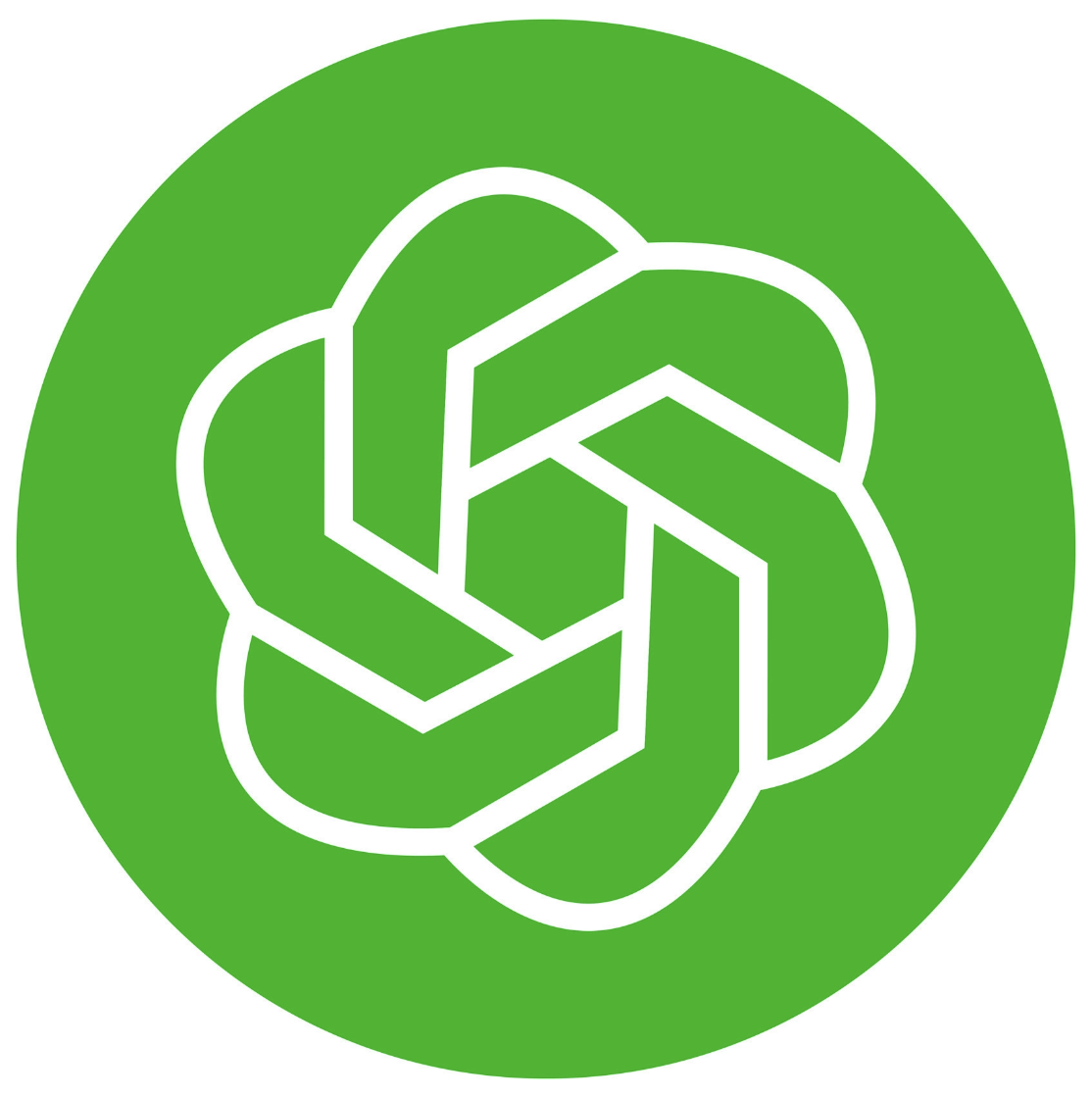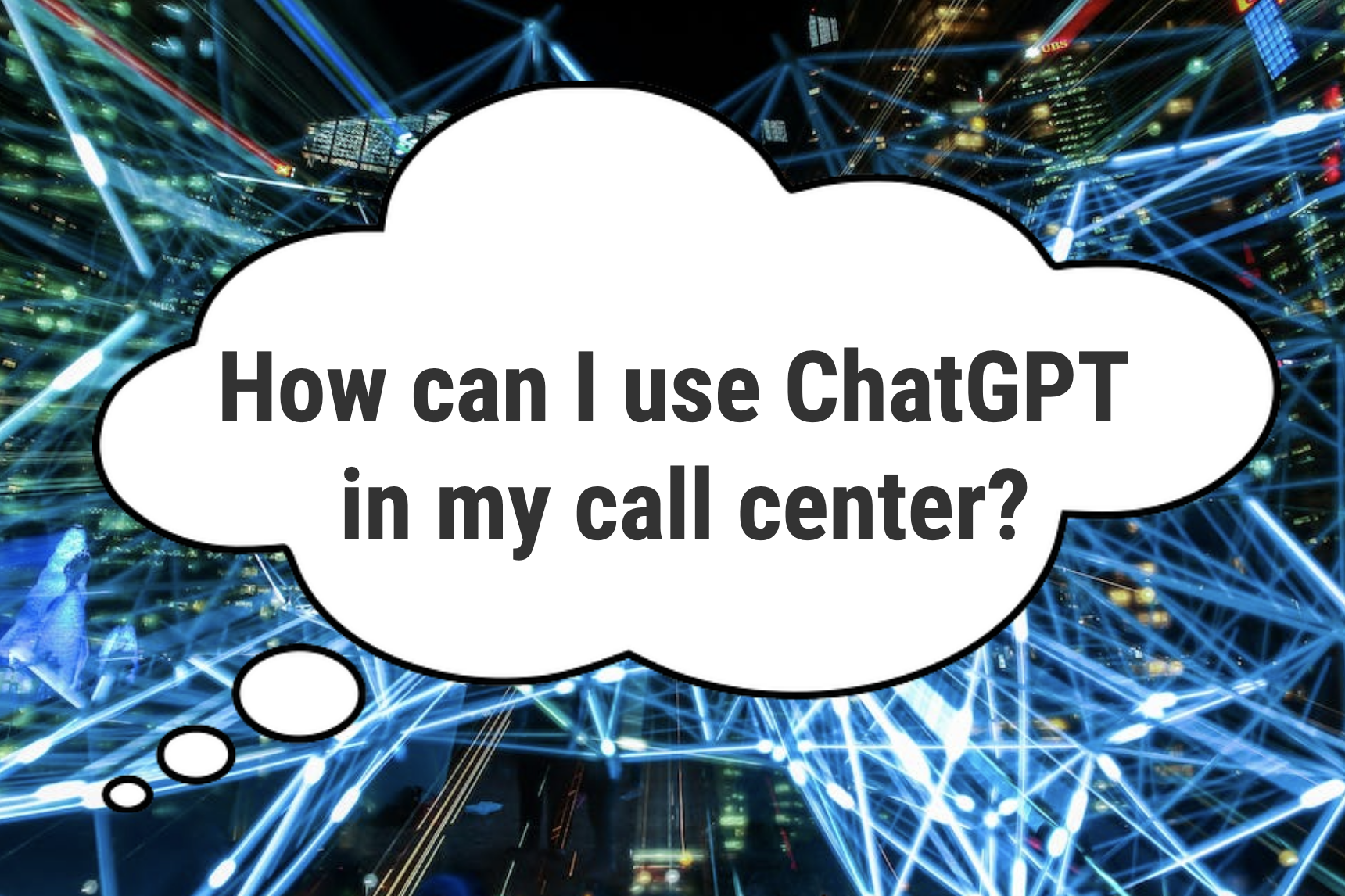
 On March 1st, OpenAI introduced the ChatGPT API for developers, and we are poised for our next AI project.At INTERACT STRATEGIES, we are no strangers to the world of AI and machine learning, with our initial project dating back to 2009. Our early venture involved ChatGPT, where a bot learned how specific sales representatives were performing on the phone with different product lines. This system ranked these representatives and matched calls with profiles to align with their sales skills, a seemingly simple yet highly effective approach that contributed significantly, boosting our client’s bottom line by 20%. With today’s virtually limitless cloud processing power and billions invested in Artificial Intelligence R&D, we are only beginning to realize the immense potential of this technology across all business domains.
On March 1st, OpenAI introduced the ChatGPT API for developers, and we are poised for our next AI project.At INTERACT STRATEGIES, we are no strangers to the world of AI and machine learning, with our initial project dating back to 2009. Our early venture involved ChatGPT, where a bot learned how specific sales representatives were performing on the phone with different product lines. This system ranked these representatives and matched calls with profiles to align with their sales skills, a seemingly simple yet highly effective approach that contributed significantly, boosting our client’s bottom line by 20%. With today’s virtually limitless cloud processing power and billions invested in Artificial Intelligence R&D, we are only beginning to realize the immense potential of this technology across all business domains.
We thought it would be a good idea to ask this new cutting edge AI system what it can do for us, contact center professionals.

There are multiple ways you can integrate ChatGPT into your call center:
- Chatbot Integration: Integrate ChatGPT with a chatbot platform like Dialogflow, IBM Watson Assistant, or Amazon Lex. This will allow your customers to interact through a chat window on your website or app.
- Multilingual Support: This system can communicate with customers in multiple languages, helping to expand your call center’s global reach.
- Scripted Conversations: these can assist agents by generating or suggesting scripted responses based on the context of the conversation.
- Voice Assistant Integration: You can integrate ChatGPT with a voice assistant platform like Google Assistant, Amazon Alexa, or Apple Siri. This will allow your customers to interact with your company using voice commands.
- Call Routing & Escalation: You can integrate ChatGPT to engage with customers, gather information about their issues, and route the conversation to the appropriate department or human agent when necessary.
- Knowledge Base Integration: You can integrate your contact center knowledge base to provide customers with quick answers to their questions. This allows access to needed information in order to provide it to customers in real-time.
- After-Hours Support: It can provide support after regular business hours, ensuring customers can get assistance when human agents are unavailable.
- Lead Generation and Qualification: ChatGPT can engage with website visitors or incoming calls to identify potential leads and qualify them for further follow-up by sales teams.
- Appointment Scheduling: ChatGPT can assist customers in appointment scheduling, rescheduling, or canceling, thus reducing staff workload.
- Order Tracking: Customers often inquire about the status of orders, and ChatGPT can provide real-time updates on order tracking and delivery estimates.
- Billing and Account Information: ChatGPT can provide detailed product information, answer questions about product features, and offer personalized recommendations based on customer preferences and history.
- Surveys and Feedback: ChatGPT can collect customer feedback and conduct surveys to gather valuable insights and assess customer satisfaction.

What about for workforce management?
It’s important to note that integrating ChatGPT into your call center will require some technical expertise. You may need to work with a developer or an AI specialist to ensure that the integration is seamless and effective. Additionally, it’s important to train ChatGPT on your specific products and services to ensure that it can accurately answer customer inquiries.
- Employee Training & Onboarding: Use ChatGPT to provide training materials and train call center employees on various topics such as customer service, product knowledge, and company policies. The system can provide employees with interactive training sessions that simulate real-life scenarios and provide feedback based on their responses.
- Performance Evaluation: ChatGPT can be used to evaluate the performance of call center employees. By analyzing call recordings, areas where employees are performing well and areas where they need improvement can be identified. This information can then be used to provide targeted coaching and training to employees.
- Resource Planning: ChatGPT can be used to forecast call volumes and plan staffing accordingly. By analyzing historical call data, predictions about call volumes can be made and the times of day or days of the week where call volumes are highest can be identified. This information can then be used to schedule the appropriate number of agents to handle incoming calls.
- Quality Assurance: ChatGPT can be used to monitor the quality of calls and ensure that agents are providing excellent customer service. By analyzing call recordings, areas where agents can improve can be identified and feedback to help them enhance their skills can be provided.
- Compliance and Information Sharing: ChatGPT can provide information related to industry regulations, compliance requirements, and company policies.
- Policy/Procedure Guidance: It can provide information on company policies, procedures, & HR best practices. It can assist employees in understanding HR-related regulations and processes.
- Employee Assistance Programs (EAP): It can provide information to employees about available EAP resources and support services, helping employees access mental health and well-being assistance.
- Workplace Safety & Compliance: ChatGPT can provide information and guidance on workplace safety procedures, compliance regulations, and reporting incidents or concerns.
This is just a few of the many things ChatGPT can be used to assist with Workforce management.
In order to use ChatGPT for workforce management, you will need to integrate it with your call center software and ensure that it has access to relevant data such as call recordings and historical call data. It’s also important to train the AI system on your specific call center processes and procedures to ensure that it can accurately evaluate performance and provide feedback to employees.

